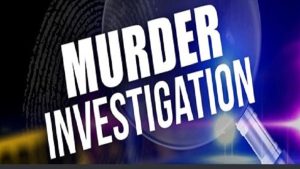Major water drilling companies have been mobilised and are expected to move into Cape Town as attempts to find more clean water intensify.
The province is in the grip of the worst drought in a century with dam levels standing at just under 30%.
Cape Town Mayor Patricia de Lille says a groundwater survey commissioned by the City had found aquifers can deliver 60 million litres per day. This is more than what was initially expected.
De Lille says aquifers on the Cape Flats, Table Mountain and Atlantis will deliver a combined total of 150 million litres per day compared to about 90 million they had expected.
She says drilling is expected to begin this week on the Cape Flats Aquifer.
“The Cape Flats aquifer will deliver 80 million litres per day, the Table Mountain one will deliver 40 million litres per day and the Atlantis aquifer will deliver 30 million litres of water per day. The prime location of where we will do the drilling have now been identified. We mobilised some of the drilling companies across the country and will be arriving in Cape Town as from this week,” says De Lille.
De Lille says more money is needed to pay for these water augmentation projects.
In 2017, the city proposed a drought levy for home owners. The levy is based on the value of the property water.
The public participation process to comment on this levy is still open and thereafter still has to be approved by the Minister of Finance, Malusi Gigaba.
De Lille says the city has so far received about 45 000 comments.
The deadline for public participation has been extended from this Friday to next week.
De Lille says the city needs to generate R1.6-billion from the process.
The city says out of a total of about 700 000 households, more than 400 000 will be affected by the drought levy.
She says of these, the majority will pay less than R47 per month.
She has further warned residents to adhere to the level six restrictions which came into effect at the beginning of the month.
All non-residential properties must reduce their monthly consumption of municipal drinking water by 45% while all agricultural users must reduce their consumption by 60%.
Residents are required to use no more than 87.5 litres of municipal drinking water per person per day.






